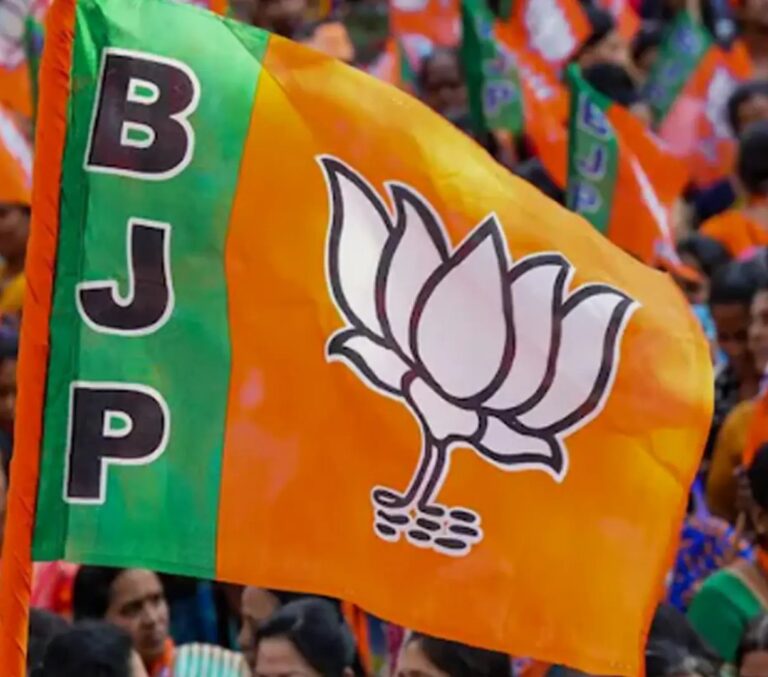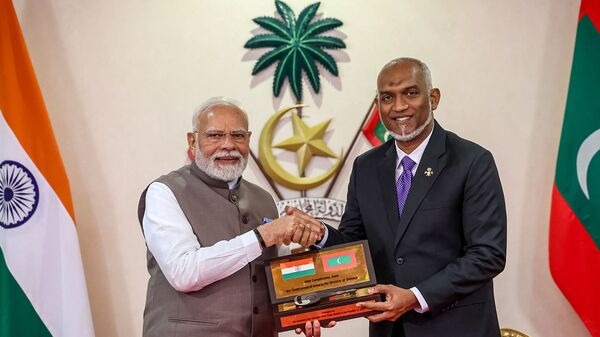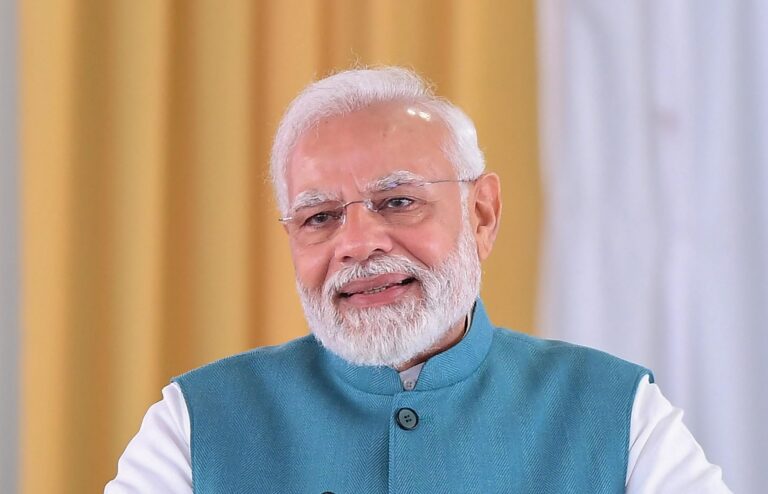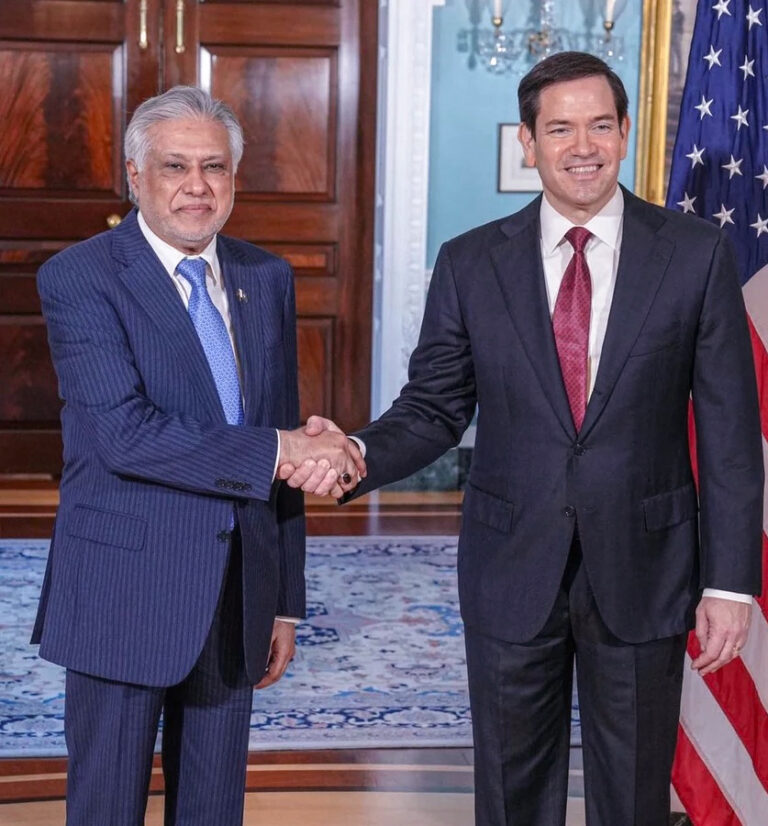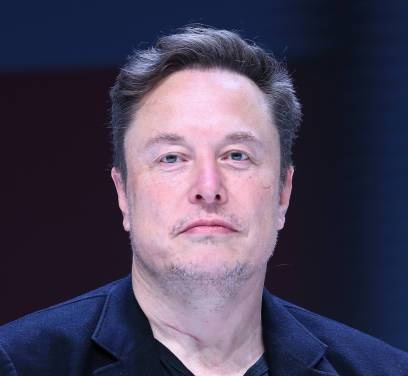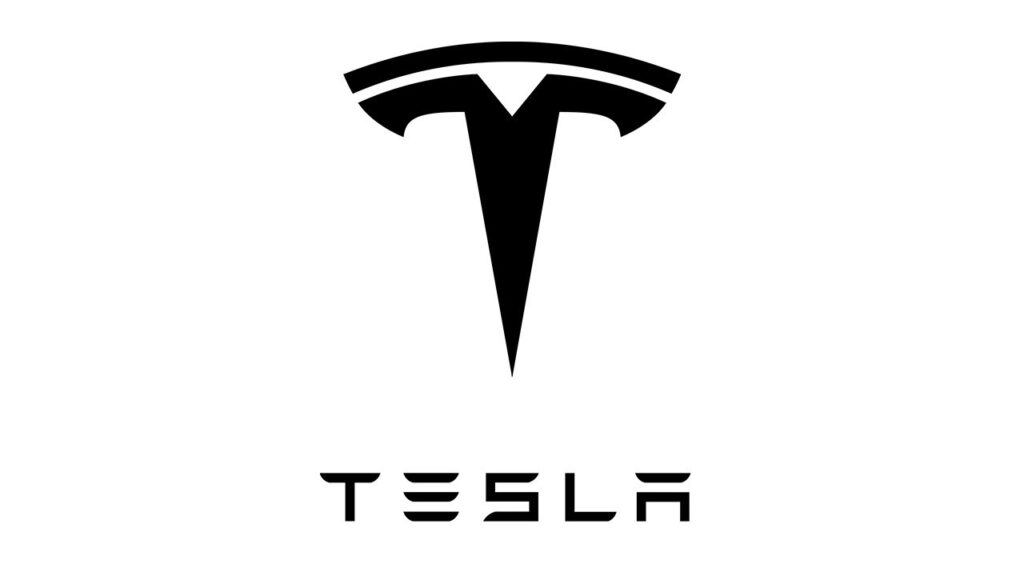
Located at the upscale Maker Maxity Mall in the Bandra Kurla Complex (BKC), the sleek new showroom marks Tesla’s long-anticipated debut in India
Tesla has officially entered the Indian market with the launch of its Model Y electric vehicle, priced from ₹60 lakh (approximately $70,000), as the company opens its first showroom in Mumbai today.
Located at the upscale Maker Maxity Mall in the Bandra Kurla Complex (BKC), the sleek new showroom marks Tesla’s long-anticipated debut in the world’s third-largest automobile market.
The Tesla logo was prominently displayed in black against a minimalist white wall of the store, while a partially covered Model Y stood behind glass panels, drawing a small but curious crowd.
Chief Minister Devendra Fadnavis, attending the inauguration, said Maharashtra wishes to see Tesla establish its research and development and manufacturing facilities in India, and invited the global EV major to consider the state as a partner in its journey.
“We wish to see research and development and manufacturing being done in India. I am sure Tesla will think about it at an appropriate stage,” Fadnavis said.
“Consider Maharashtra as a partner in your journey,” he added.
The CM said Mumbai is not just as the financial, commercial and entertainment capital of India, but also an entrepreneurial hub.
“Mumbai stands for innovation and sustainability,” Fadnavis said.
The CM said Tesla is more than an automotive company.
“Tesla is not just a car company, it is all about design, innovation and sustainability, that is why it is loved globally,” he said.
How much will Tesla cars cost in India?
Tesla is initially offering two versions of the Model Y in India: the rear-wheel drive model priced at ₹60.1 lakh ($70,000) and the long-range variant at ₹67.8 lakh ($79,000). These prices are significantly higher than in other markets — the same vehicle starts at ₹38.6 lakh ($44,990) in the US, ₹30.5 lakh ($36,700) in China (263,500 yuan), and ₹46 lakh ($53,700) in Germany (€45,970) — a disparity largely due to India’s steep import duties.
Despite the higher price point, Tesla is expected to target India’s wealthy urban consumers, joining a premium EV segment dominated by German automakers like BMW and Mercedes-Benz. While Tesla enters a market still dominated by petrol and diesel vehicles, India’s EV sector is gradually gaining momentum, with mass-market manufacturers like Tata Motors and Mahindra leading the charge.
India currently aims to increase EVs to 30% of total car sales by 2030, up from just 4% today, through tax breaks and incentives aimed at foreign automakers.
